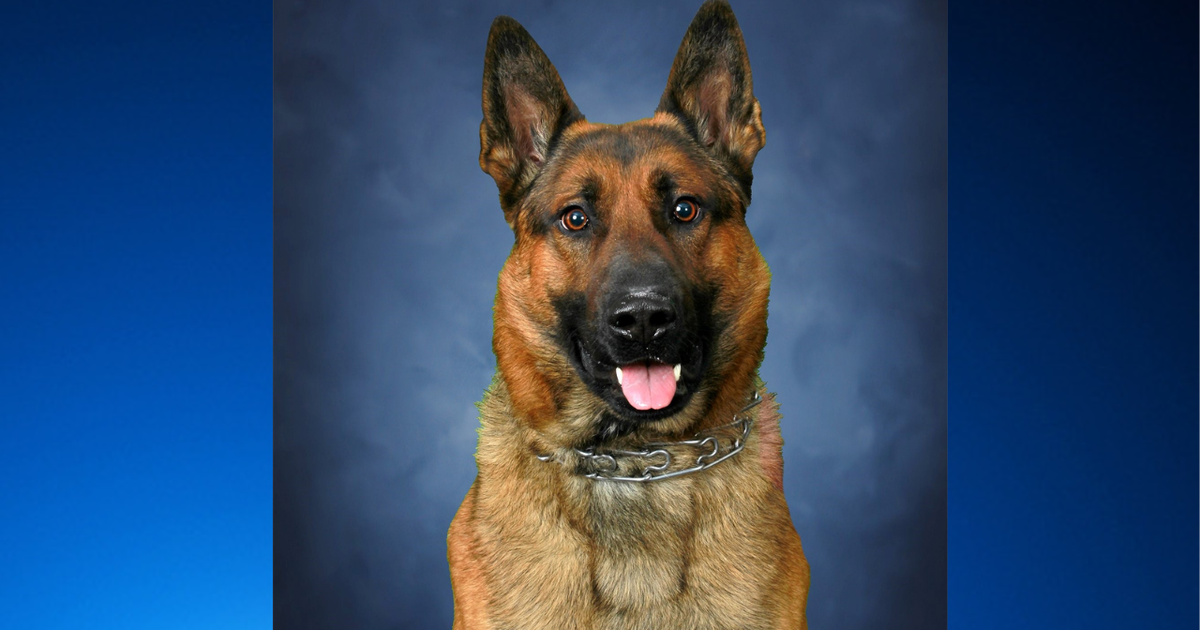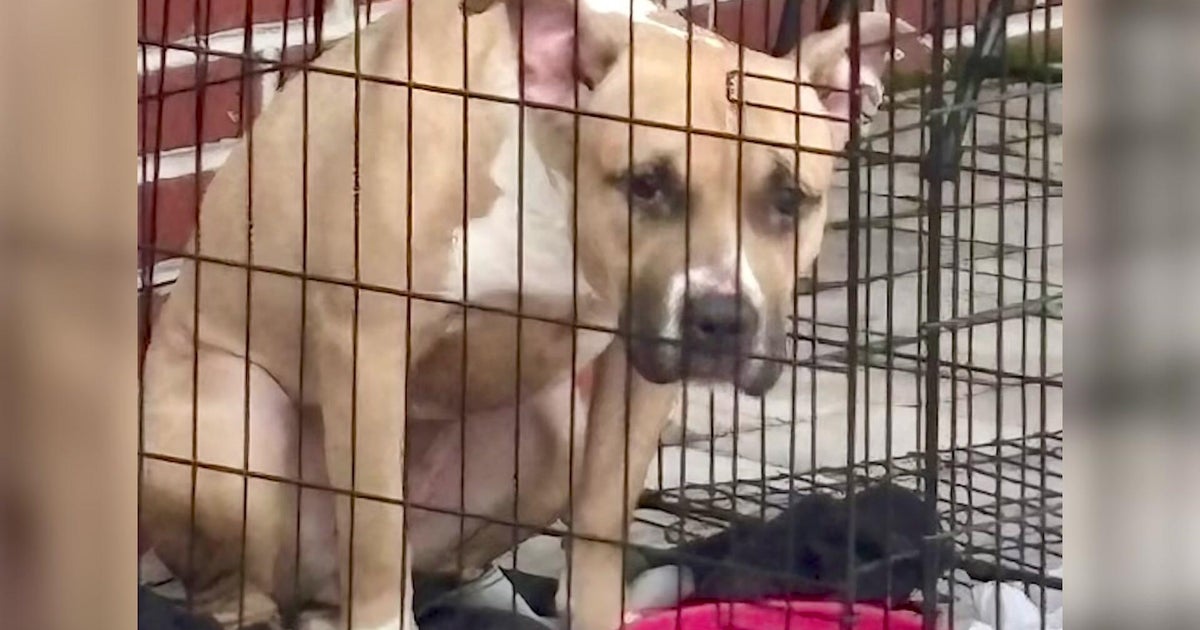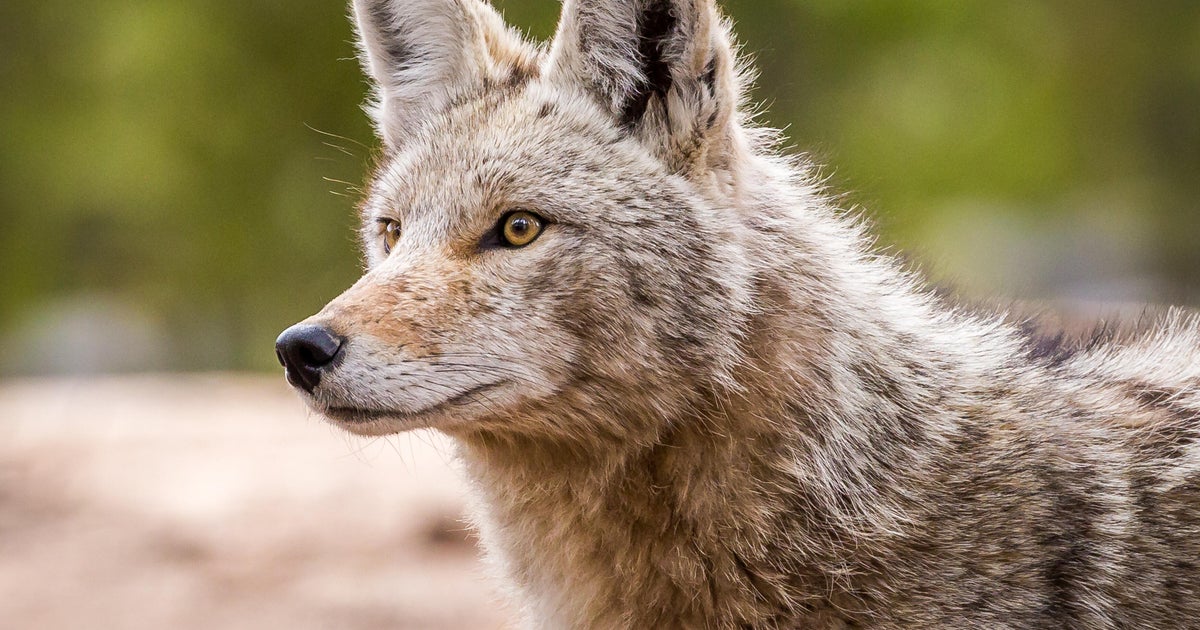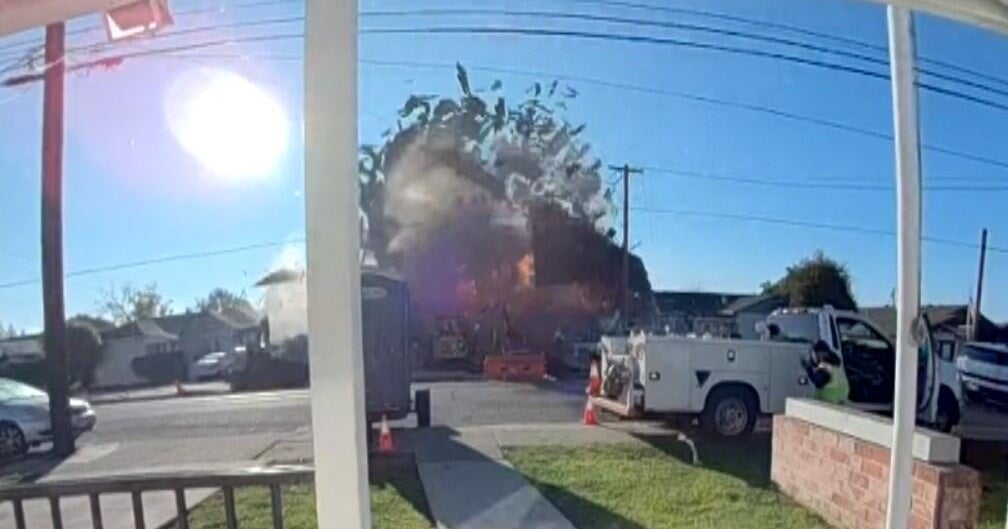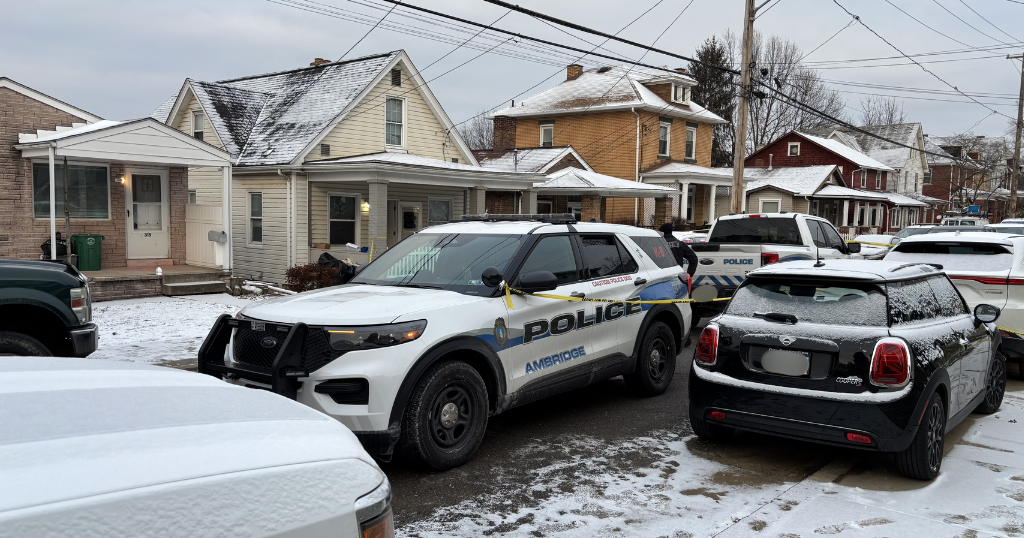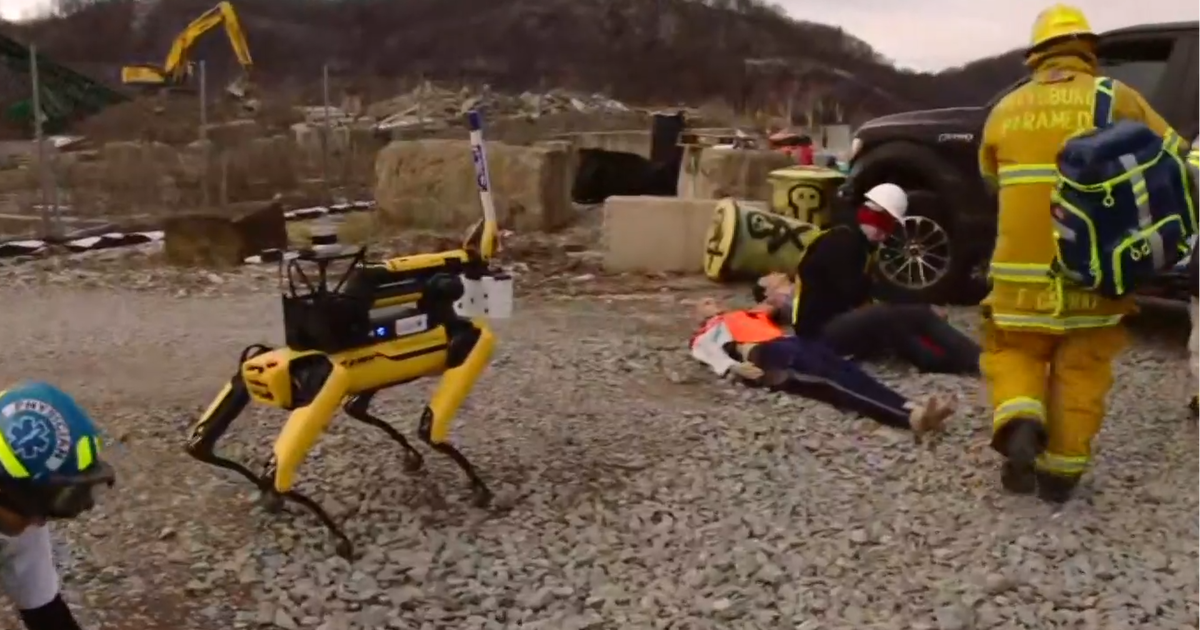Shelter dogs get second chance as agricultural inspectors
CONTRA COSTA COUNTY - A federal program is giving a second shot at life to shelter dogs while ensuring the protection of California farmlands.
With funding from the U.S. Department of Agriculture, the California Department of Food and Agriculture deploys dog teams to various counties to investigate shipping terminals and uncover pests that could -- if released -- devastate local crops. Many of the "Detector Dogs" come from shelters and rescues before they're identified as top candidates for USDA training.
Contra Costa County agricultural biologist and canine handler Simone Ackermann and her furry coworker Major make up one of the state's 10 dog teams tasked with sniffing unmarked parcels for plants, seeds, produce, soil or animals. In just the last year, Major alone uncovered 150 pests hiding in boxes. Ackermann said commercially certified shipments from such places as plant nurseries aren't the problem.
"It's Grandma Jones from Florida sending her backyard mangoes to family in California," she explained. "People who just don't know anything about our regulations."
The dog teams' work is especially critical to the American food system, with California feeding the nation and world. The country depends on the Golden State for nearly 75% of its fruits and nuts and more than a third of its vegetables, according to data from the Department of Agricultural and Resource Economics at University of California, Berkeley.
When it comes to ag exports, the state generated $22.5 billion in 2021 alone for international sales of almonds, dairy and dairy products, pistachios, wine and walnuts, among other products. In fiscal year 2021-22, the Detector Dogs intercepted 966 significant pests that are known to cause serious agricultural and economic impacts.
"This program is so important for a number of reasons," said Matthew Slattengren, Contra Costa County agricultural commissioner. "Most of the dogs in California's Detector Dog program are over 99% accurate in sniffing out produce and other plant material. Some of the finds that they have could have cost California millions in quarantine costs and caused problems for our growers throughout the state. Keeping the pests from entering the state is cheaper and requires less pesticides than if we find them out in the environment."
On a typical day, Ackermann gets up before the sun to pick up Major from a kennel in Brentwood. Then the two embark on their commute to various FedEx or UPS terminals. She explained that because he's owned by the USDA, a federal agency, Major is required to live in a professionally operated kennel, not in her home.
Their journey can take them to various places in Northern California, including the counties of Contra Costa, Napa, Stanislaus, Solano, San Joaquin, Marin, San Mateo, Sonoma and occasionally others. They sometimes help out in Alameda County, but that jurisdiction -- with one of Northern California's three main distribution centers -- has its own dog team. The other two centers are located in San Jose and West Sacramento.
At the terminals, they move quickly, investigating anywhere from 50 to 120 trucks. Ackermann said the dogs aren't trained to find illegal drugs like cocaine.
"Of course, they will find weed, because it's a plant, but I don't need a dog to find that one," she joked.
The dog team program got its start in 2004, when Contra Costa County became the first in the state to receive two dog teams as part of the pilot. The program was so successful, it grew to add more teams throughout the state. Ackermann said the program aims to add more teams in the coming year.
Ackermann and Major have been working together since 2017, after Major was adopted for the program from a rescue in Alabama and they both received training from the National Detector Dog Training Center based in Newnan, Georgia.
Dogs are recruited for training when they're identified as a food-driven canine with a desire to please, which is why friendly labrador retrievers like Major are often great candidates. But it's not about pedigree -- often mixed breeds make the final cut as long as they have the right drive and temperament.
The National Detector Dog Training Center also regularly trains beagles and Jack Russell terriers. The beagles are primarily used in airports to inspect luggage for meats, fruits and vegetables. The terriers help to find brown tree snakes in aircraft, vehicles, household goods and ships leaving Guam for such places as Hawaii. Brown tree snakes have led to the extinction of several native bird species in Guam.
On becoming a dog handler for the county ag department, Ackermann compared the relationship to that of a police officer K9 unit.
"You're not just a canine officer. You're a police officer with a canine," she explained, noting that she was first an agricultural inspector before she was assigned to the dog team with Major.
At 7 and a half years old, Major is nearing retirement, at which point, Ackermann will adopt him. All handlers have first adoption rights.
"Since I'm already at retirement age myself, we're going to retire together," she shared, adding that the two are planning to move to Greece.
Slattengren urged California residents to be mindful about where they purchase produce and plant materials.
"Local is great; there is less carbon footprint and less chance of getting any exotic pests," he continued. "Buying from reputable sources would be the next best thing to do. When we find uncertified or backyard fruit from another state or country, many times we find it infested with maggots. If it is one of the invasive pests and they get out ... that can cost millions to eradicate involving increased workload, increased pesticides, and losses of local produce."

